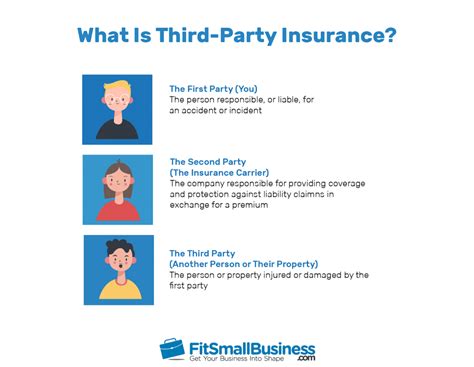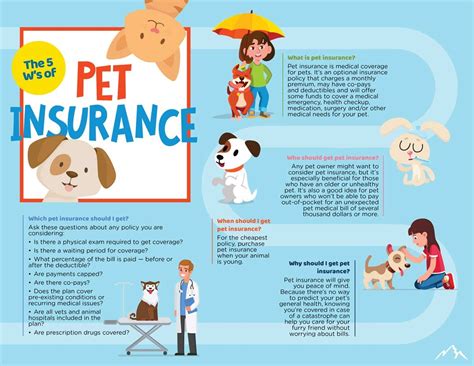Learn the definition, benefits, impact, and tax implications of paid-up additional insurance and how to add it to maximize your cash value.
Definition of Paid-Up Additional Insurance
Contents
Paid-up additional insurance is a rider that can be added to a whole life insurance policy. This type of insurance provides the policyholder with the option to purchase additional coverage without having to go through the underwriting process again. The policyholder can use the dividends from the basic whole life policy to purchase this additional coverage, hence the term paid-up.
This additional insurance can be added to the policy at any time and is considered to be fully paid for, meaning there are no additional premiums required. The paid-up additional insurance rider increases the cash value and death benefit of the policy, providing the policyholder with added security and flexibility.
One of the key benefits of paid-up additional insurance is the ability to increase the policy’s cash value and death benefit without the need for additional payments. This can be particularly valuable as the policyholder ages and wants to ensure that their life insurance coverage continues to meet their needs.
Furthermore, the cash value of the policy can be used to pay premiums on the basic whole life policy, which can help to keep the policy in force and prevent it from lapsing. Additionally, the dividends earned on the paid-up additional insurance can be used to purchase even more paid-up additions, further increasing the policy’s value over time.
Benefits of Paid-Up Additional Insurance
Paid-up additional insurance offers numerous benefits to policyholders, providing an avenue for saving and growing the cash value of their life insurance policy. One of the key benefits is the ability to increase the death benefit without having to undergo additional underwriting or submit to a medical examination. This can be particularly advantageous for individuals who have experienced changes in their health, as it allows them to secure additional coverage without having to prove insurability.
Furthermore, the cash value of a life insurance policy can be used as collateral for a loan, and by purchasing paid-up additional insurance, policyholders can accelerate the accumulation of cash value and, in turn, increase the amount available for loans. This can provide a source of financial flexibility and liquidity, especially during times of need or emergencies.
In addition, the cash value of a permanent life insurance policy can serve as a supplement to retirement income. By leveraging paid-up additional insurance, policyholders have the opportunity to enhance the cash value of their policy, ultimately increasing the funds available for retirement. This can be particularly beneficial for individuals who are seeking to maximize their retirement resources and looking for ways to secure a financially stable future.
Moreover, paid-up additional insurance can be a valuable asset for policyholders seeking to leave a legacy for their loved ones. By increasing the death benefit and cash value accumulation, this form of insurance can serve as a means to provide financial security to beneficiaries and leave a lasting impact on future generations. It offers a way to ensure that loved ones are cared for and supported, even after the policyholder’s passing.
Ultimately, the benefits of paid-up additional insurance extend beyond the immediate and can have long-term implications for policyholders and their beneficiaries. From increased financial security to enhanced flexibility and the potential for leaving a legacy, this form of insurance can play a vital role in shaping the future and providing peace of mind.
How to Add Paid-Up Additional Insurance
Adding Paid-Up Additional Insurance to your current life insurance policy is a great way to increase the death benefit and cash value of the policy without having to go through the underwriting process again. To add Paid-Up Additional Insurance, you will need to contact your insurance company and inquire about the process.
They will likely provide you with a form to fill out, which will include information such as the amount of the additional insurance you want to purchase and your current policy details. Once you have filled out the form, you will need to submit it to your insurance company for processing.
After the form has been submitted, the new Paid-Up Additional Insurance will be added to your policy, increasing both the death benefit and the cash value. It’s important to note that adding Paid-Up Additional Insurance will also increase your premium, as you are essentially purchasing additional coverage.
However, the benefits of having the added protection and cash value growth can far outweigh the additional cost. Additionally, Paid-Up Additional Insurance can provide added peace of mind, knowing that you have increased financial security for your loved ones.
Impact of Paid-Up Additional Insurance on Cash Value
One of the main benefits of Paid-Up Additional Insurance is its impact on the cash value of your policy. When you choose to add paid-up additional insurance to your existing policy, you are essentially increasing the amount of death benefit and cash value that your policy will have. This can have a significant impact on the amount of money that your beneficiaries will receive upon your passing, as well as the amount of cash value available to you during your lifetime.
By adding paid-up additional insurance, you are essentially purchasing additional coverage that becomes fully paid for once you have made the required premium payments. This additional coverage not only increases the death benefit of your policy but also has a direct impact on the cash value. The more paid-up additional insurance you add, the more your cash value will grow over time.
Moreover, the impact of paid-up additional insurance on cash value is particularly beneficial in the long run. As the cash value of your policy grows, it provides you with the potential for greater financial security and flexibility. You can potentially use the cash value to take out loans, supplement your retirement income, or even pay for your children’s education. This gives you greater control over your financial future and the ability to access funds when you need them most.
Additionally, the cash value of your policy can also act as a form of savings or investment vehicle. The more paid-up additional insurance you have, the faster your cash value will grow, allowing you to potentially accumulate a significant amount of savings over time. This can provide you with a valuable safety net in the event of unexpected expenses or financial emergencies, giving you peace of mind and financial stability.
Tax Implications of Paid-Up Additional Insurance
When considering the tax implications of paid-up additional insurance, it’s important to understand how these policies are treated from a tax perspective. Paid-up additional insurance, or PUA, is a type of policy that allows the policyholder to use dividends from their whole life insurance policy to purchase additional coverage. The cash value that builds up inside the policy can grow tax-deferred, meaning that the policyholder does not have to pay taxes on the growth of the cash value each year.
One of the main tax benefits of paid-up additional insurance is that the cash value within the policy can be accessed on a tax-advantaged basis. This means that the policyholder can take out loans from the cash value of the policy without triggering a taxable event. Additionally, any withdrawals taken up to the policy’s basis (the total amount paid in premiums) are considered to be a return of premium and are not subject to income tax.
It’s also important to note that any loans taken from the cash value of the policy are not considered taxable income, as they are not technically considered distributions. This can provide a significant tax advantage to policyholders who may be in need of a source of funds in retirement or in an emergency situation.
However, it’s crucial to understand that if the policy lapses or is surrendered, any outstanding loans that have not been repaid will be considered taxable income to the extent that the cash value exceeds the basis. This means that policyholders should carefully consider the potential tax consequences before making any decisions regarding their paid-up additional insurance policy.












